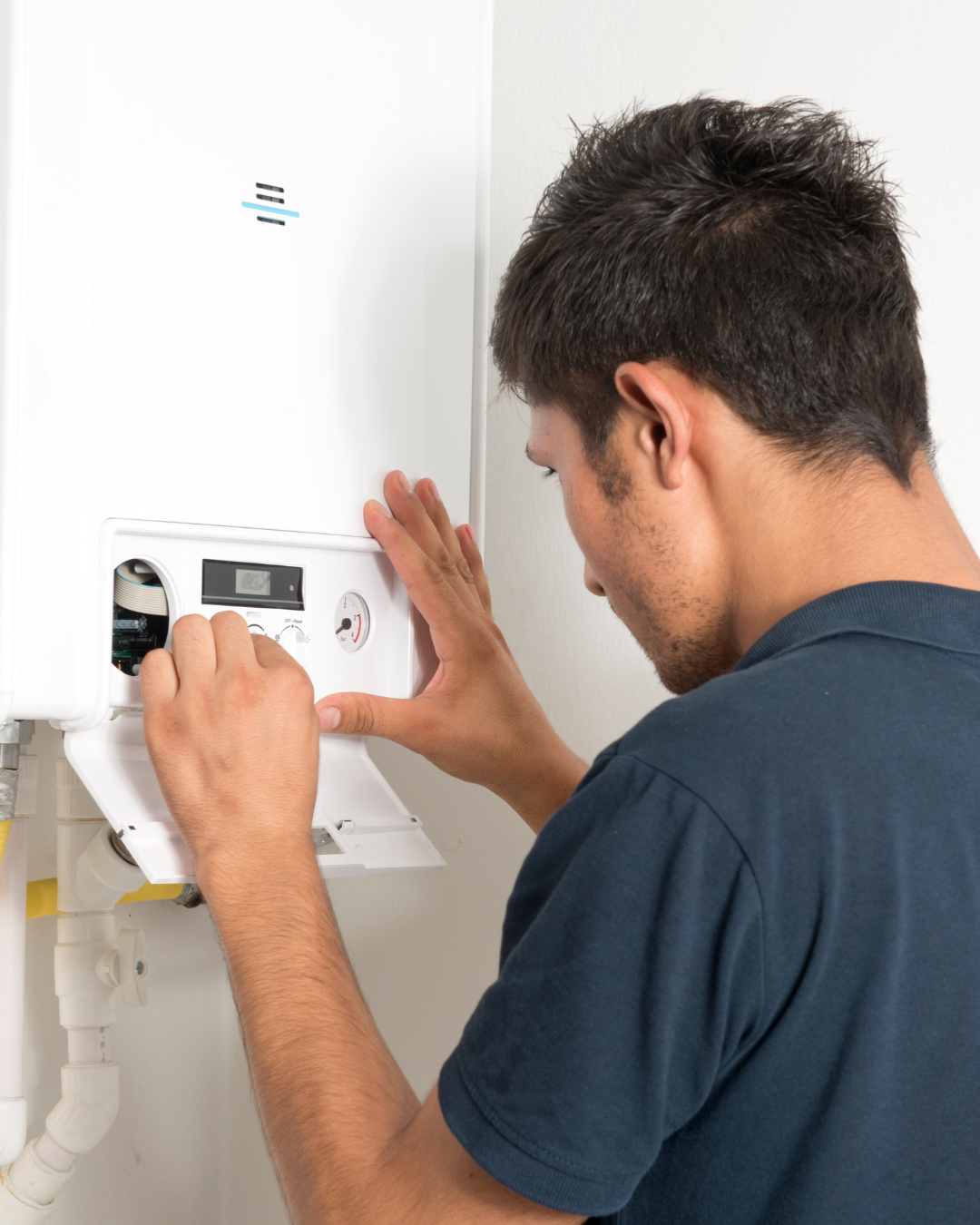
As a landlord, it is important to provide tenants with a safe and habitable living environment. One of the essential amenities that tenants expect is hot water. If a landlord fails to provide hot water, it can lead to health, safety, and legal issues. So, how long can a landlord leave tenants without hot water before it becomes a problem?
Under section 11 of the Landlord and Tenant Act 1985, landlords are legally required to keep their rental properties in good repair making sure that essential services, like hot water, are maintained. If there is an issue with hot water, the landlord is responsible for carrying out repairs within a reasonable time. The definition of "reasonable time" varies depending on the urgency of the situation. For example, an ‘emergency’ needs to be responded to within 24 hours.
Under the Landlord and Tenant Act 1985, landlords have a legal obligation to make sure that the rental property is kept in good repair and is habitable. This includes checking those essential facilities, such as hot water and heating, are in working order. If there is a problem with either of these, it is your responsibility to make the necessary repairs.
Tenants are responsible for using heating systems and hot water appliances in accordance with their intended purpose and for maintaining a reasonable level of cleanliness and safety around these systems. However, they are not responsible for repairing issues with the hot water system or heating. If something breaks down, it is the landlord’s duty to carry out the repairs, unless the issue was caused by the tenant’s misuse.
The question of whether no hot water constitutes an emergency depends on the context. Generally, no hot water can be considered an emergency, especially during colder months. However, whether it is treated as an emergency repair often depends on the severity of the problem and the landlord's response time. For example, if the hot water system fails completely and the tenant has no access to hot water, this may be treated as an emergency repair under the Landlord and Tenant Act 1985. In some cases, if the lack of hot water is due to a minor issue that does not affect the tenant's ability to live comfortably, it may be categorised as a non-urgent repair. However, if the property becomes uninhabitable or there are health concerns (especially during winter), it is crucial that the landlord repairs the hot water system quickly.
While there is no fixed time limit, Section 11 of the Landlord and Tenant Act 1985 emphasises that repairs should be carried out within a reasonable time. The length of time a landlord can leave tenants without hot water depends on factors such as:
In practice, landlords should aim to fix hot water issues within 24 to 48 hours for urgent cases. Delays of several days or more may not be considered reasonable and could lead to tenant complaints, rent reductions, or legal action.
Often tenancy agreements outline each party’s responsibilities, so tenants should be familiar with these provisions. For example, a landlord may include a clause that specifies how quickly they will respond to heating or hot water problems.
The law is even stricter when it comes to heating, especially during the winter months. If a landlord leaves you without both heating and hot water, this could be a serious breach of the Landlord and Tenant Act 1985, and it could be considered an emergency repair. If you are left without heating and hot water, the landlord should repair the issue within a reasonable time typically within 24 to 48 hours.
Failure to resolve a lack of hot water within a reasonable time, can cause several consequences for landlords:
In summary, landlords have a duty to provide essential services such as hot water and heating under the Landlord and Tenant Act 1985. While the law does not specify an exact time frame, it does require that repairs be made within a "reasonable time," typically within 24 to 48 hours for urgent issues. Prolonged delays in restoring hot water or heating can lead to serious consequences, including rent reductions, legal action, and potential health and safety risks for tenants. To avoid disputes, landlords should act swiftly when these essential services fail and maintain open communication with tenants throughout the repair process.
How long can a landlord leave you without heating in the UK?
In the UK, there is no fixed period for how long a landlord can leave tenants without heating. However, if heating is an essential service that is unavailable, landlords must make sure that repairs are carried out promptly, typically within 24 to 48 hours. Extended periods without heating may be considered a breach of the landlord’s legal obligations.
Do you need to provide tenants with an emergency hot water tank?
While landlords are not legally required to provide an emergency hot water tank, it could be a helpful solution in case of unexpected breakdowns. If a hot water system breaks down, having an alternative heating or hot water source can make sure that tenants still have access to hot water while repairs are being carried out.
What should tenants do if their landlord doesn’t fix the hot water?
Tenants should report the issue in writing and, if it's not resolved promptly, contact their local council’s environmental health team. They may also be entitled to take legal action or seek a rent reduction if the problem continues.
